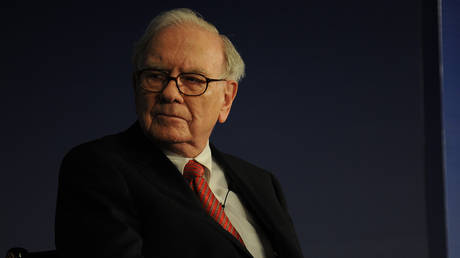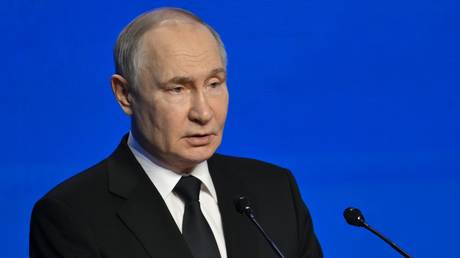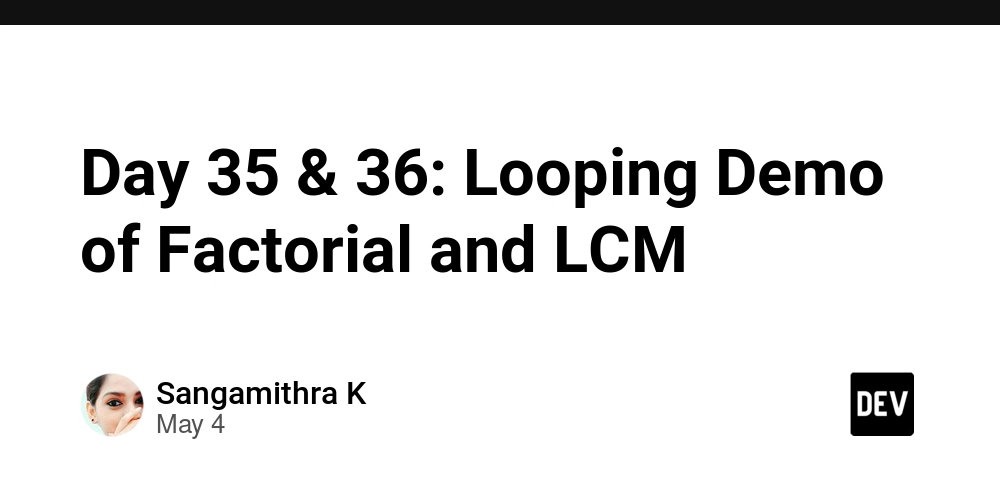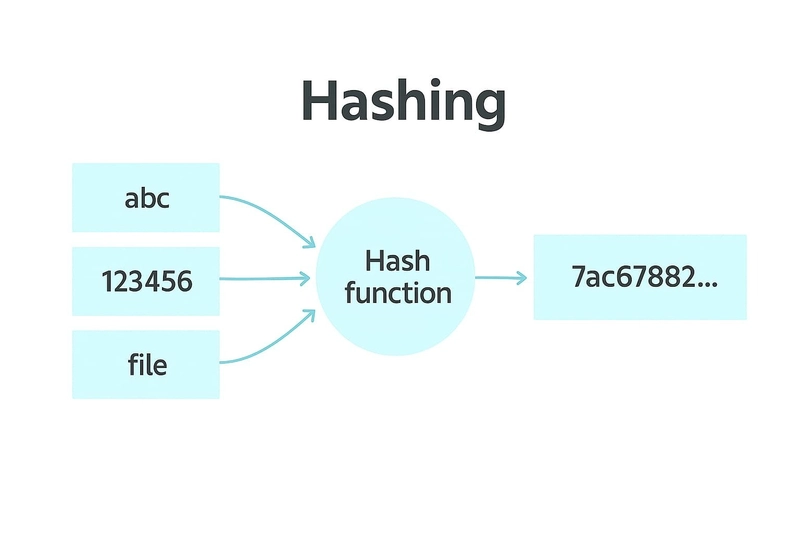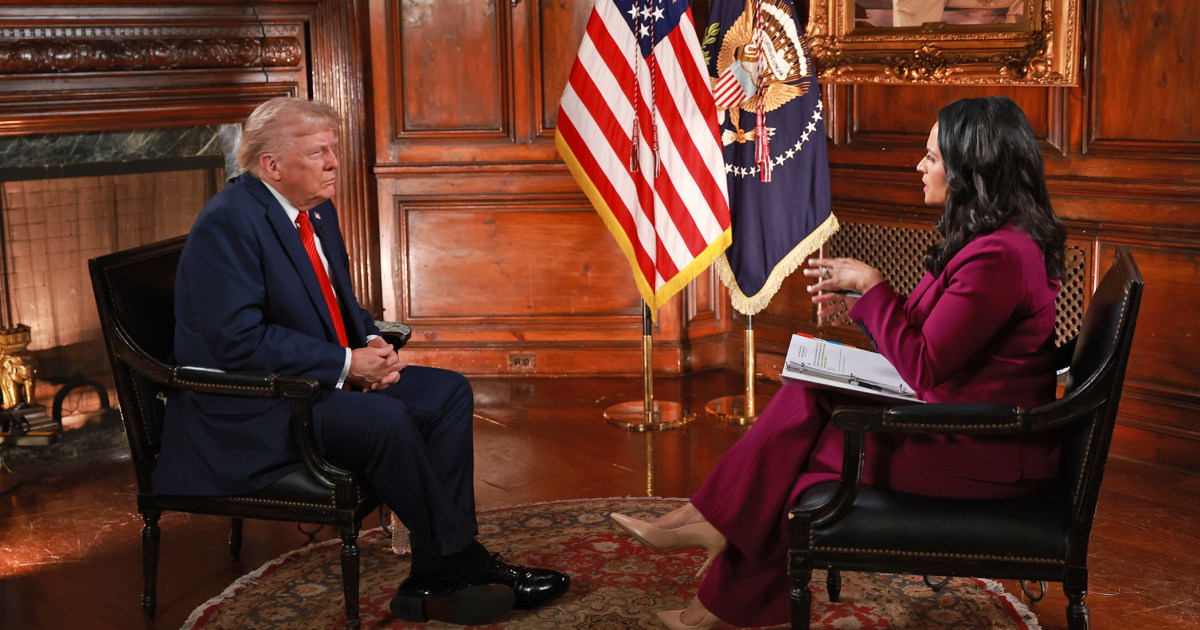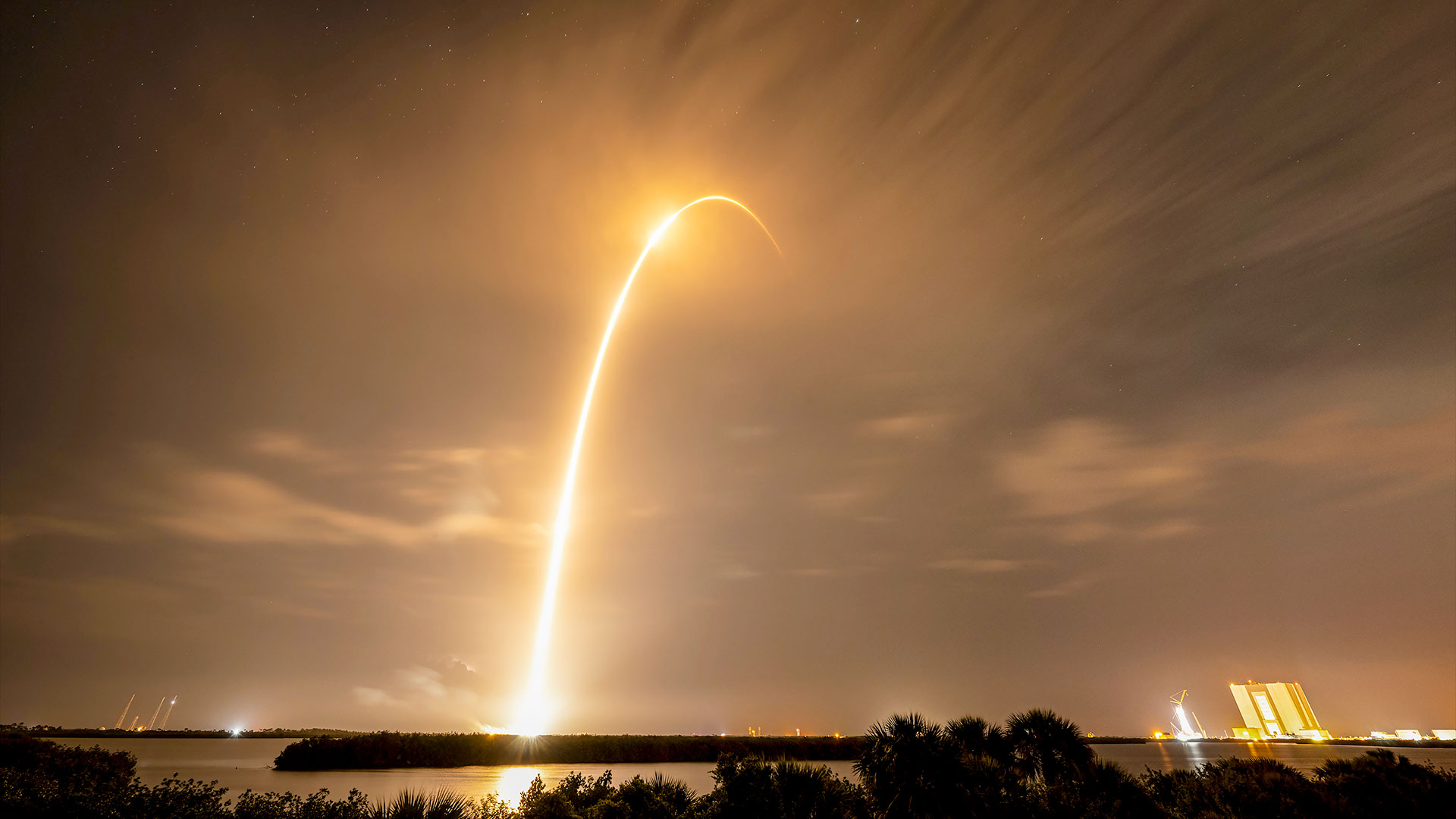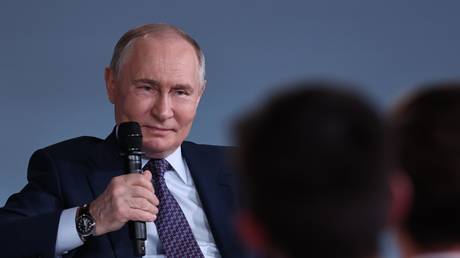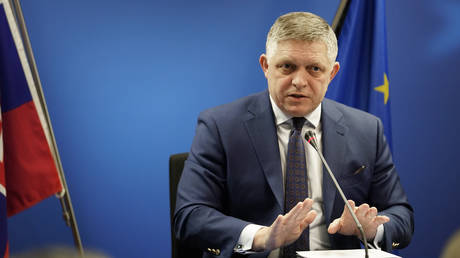It actually makes sense that Trump has given Marco Rubio all these jobs — here's why
Believe it or not, there is a method to the madness.

You have probably already seen the jokes and memes about how President Trump is putting Secretary of State Marco Rubio in charge of so many orphaned government entities. What next? Will he be appointed to the Supreme Court? To the Fed?
Yes, it's all good for a laugh. But as someone who has been involved with most of these agencies, I can say with certainty that there is a method to the madness. By making a single person responsible for these specific entities, Trump has fixed a flaw that had been undermining U.S. foreign policy.
By tasking Rubio with the oversight of State, the National Security Council, USAID and multiple foreign policy and development agencies, Trump has concentrated operational control under a single accountable leader.
This is not about elevating a person, but about ensuring that foreign policy reflects the President’s direction, not “the interagency” or the preferences of Hill committees. In my experience leading the shutdown of the Overseas Private Investment Corporation and the launch of the U.S. International Development Finance Corporation, we brought in part of USAID and saw how siloed mandates, overlapping authorities, and unclear accountability could slow execution and confuse strategic outcomes.
We were constantly dealing with confusion surrounding who was in charge. We would often be asked or ask for any given deal whether it fell into the category of development or foreign policy, and whether it was a matter for us or for Congress.
At the Overseas Private Investment Corporation, we managed conflicting guidance from multiple stakeholders — State, the National Security Council, USAID, and sometimes Treasury — each with partial say. It cost us time on long eighteen-month deals as we tried to go up against China’s aggressive Belt and Road Initiative.
The launch of the Development Finance Corporation under the first Trump administration doubled investment capacity and added new tools but also required a new alignment between foreign policy and development — that’s USAID in the background.
Trump’s recent move to consolidate foreign policy execution addresses this problem directly. It aligns diplomatic, development, and strategic functions under one roof and one strategy. Agencies that operated autonomously must now coordinate through a central office. Non-profits that built influence by “being the glue” that connected multiple agencies may find that their uncommon knowledge of personnel and policy does not translate to policy or funding leverage. These adjustments might cost some in Washington, but they create clear accountability for Americans whenever things go wrong and help us build on our wins.
Congress also wins. Lawmakers now have a clear field for oversight. If strategy and tactics fail, responsibility will be clear. Who knows — Congress might even respond with a clear and unified budget process.
Trump has acted to ensure that America speaks with one voice abroad — his own. That’s not a power grab. It is a reassertion of constitutional and popular leadership over foreign policy.
Christopher Siddall has led executive branch reforms to streamline foreign policy execution across USAID, the Overseas Private Investment Corporation, and the U.S. International Development Finance Corporation.

